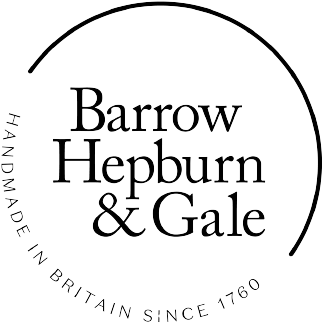Harold Wilson
Britain Votes on the European Community & the Common Market...in 1975
‘It was a free vote, without constraint, following a free democratic campaign conducted constructively & without rancour.’ Harold Wilson Prime Minister
(Friday 6 June 1975, on the steps of 10 Downing Street)
Jack Brown, the first official researcher in residence at 10 Downing Street & author of, No. 10: The Geography of Power at Downing Street writes,
‘James Harold Wilson (11 March 1916 – 24 May 1995) was a Labour politician who served two terms as Prime Minister, from 1964-70, and 1974-76.
Wilson was born in Huddersfield, & educated at Oxford University, arriving via the grammar school system. A skilled political operator, perceived by some as a slippery character, Wilson had an impressive habit of winning elections. He emerged victorious from general elections in 1964, 1966 & both of those held in 1974, albeit running a minority government in the first. He also remains the only British Prime Minister to have ‘overseen’ an English World Cup victory to date.
This golden touch was also evident during 1975’s referendum on Britain’s continued membership of the European Economic Community. The Heath Government had taken the nation into the EEC in 1973, but Britain’s membership of the organisation remained extremely divisive, & particularly within the Labour Party. As Prime Minister, Wilson successfully manoeuvred his way through a complicated & challenging situation for both party 7 nation. Negotiating a new deal with Europe, Wilson then suspended collective Cabinet responsibility & campaigned to stay in. A decisive two-thirds majority was required, & achieved, despite the strength of feeling on both sides. The issue was settled – for several decades.
Wilson’s first government had been a progressive, reforming administration. It introduced significant social reforms, liberalising laws on homosexuality & divorce, abolishing the death penalty & lowering the voting age. Wilson spoke of embracing the ‘white heat of technology’ on the national stage, & took a modernising approach to the machinery of government at & around No. 10 Downing Street. On the world stage, Britain began to withdraw from its empire ‘East of Suez’, & resisted American pressure to join the Vietnam War.
His second premiership was a much less energetic affair. He envisaged his role as that of a ‘deep-lying centre half’, rather than playing ‘every position on the field’, allowing other ministers to drive the government’s agenda. He did not live at No. 10, but commuted by car daily from his nearby home at Lord North Street. In many ways like Churchill’s second premiership, Wilson’s flame was burning somewhat less brightly by the time of his return to British politics’ top job. His retirement in 1976 was unexpected, & a rare example of a Prime Minister leaving the post of his own volition.’
Copyright (2020) Barrow Hepburn & Gale & Jack Brown

